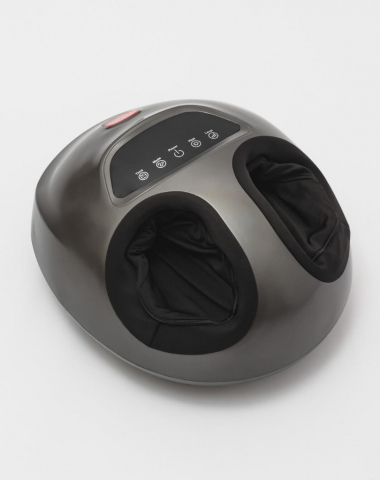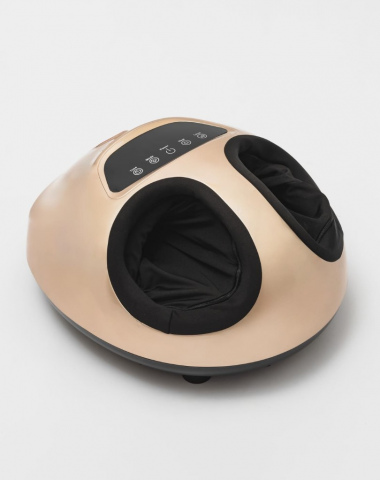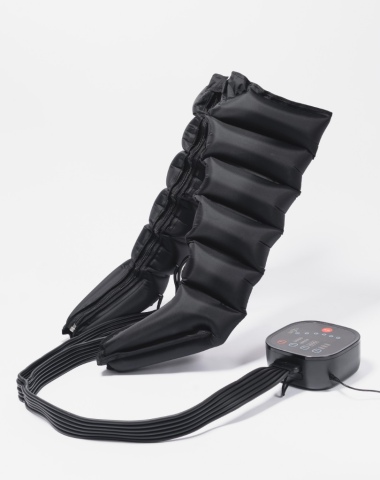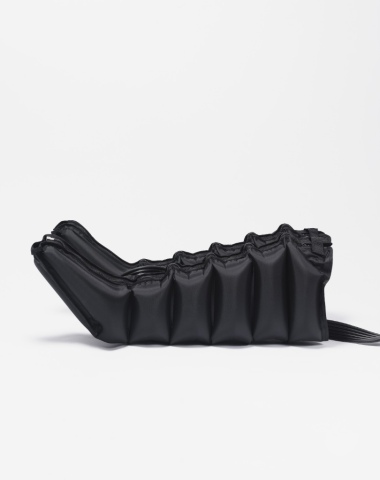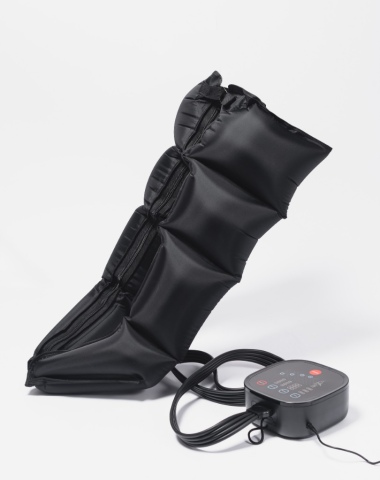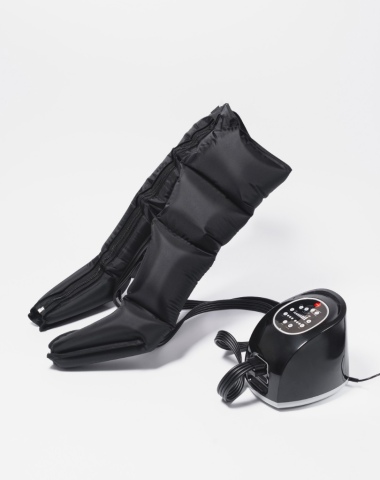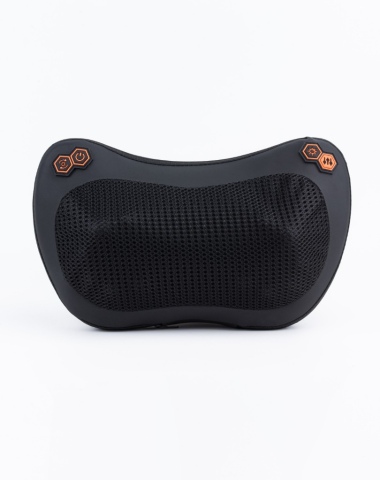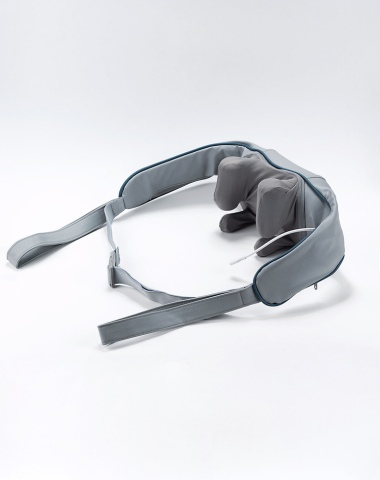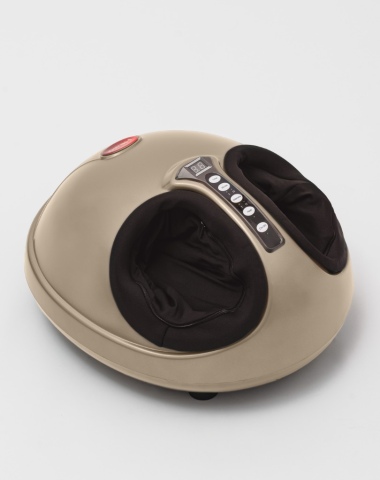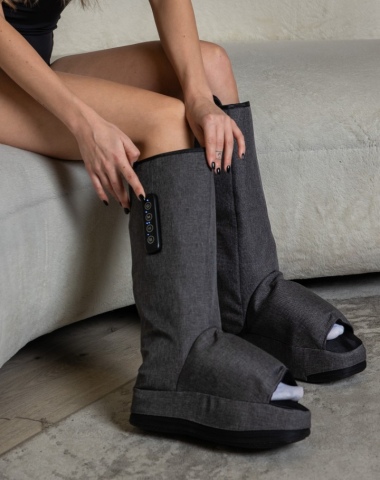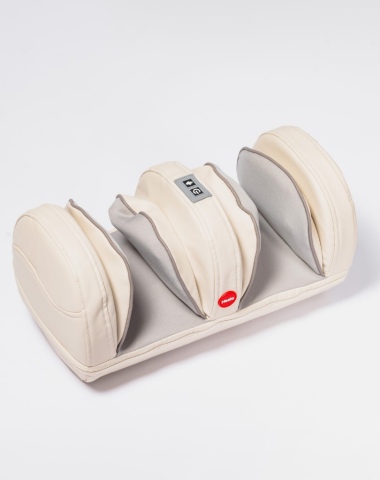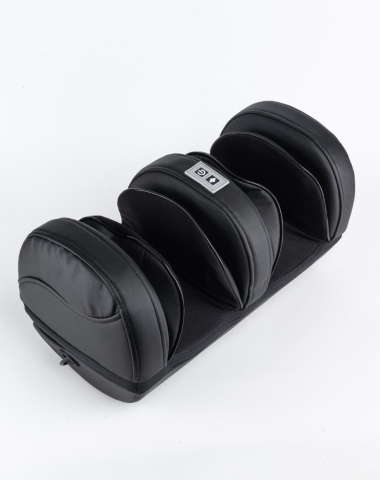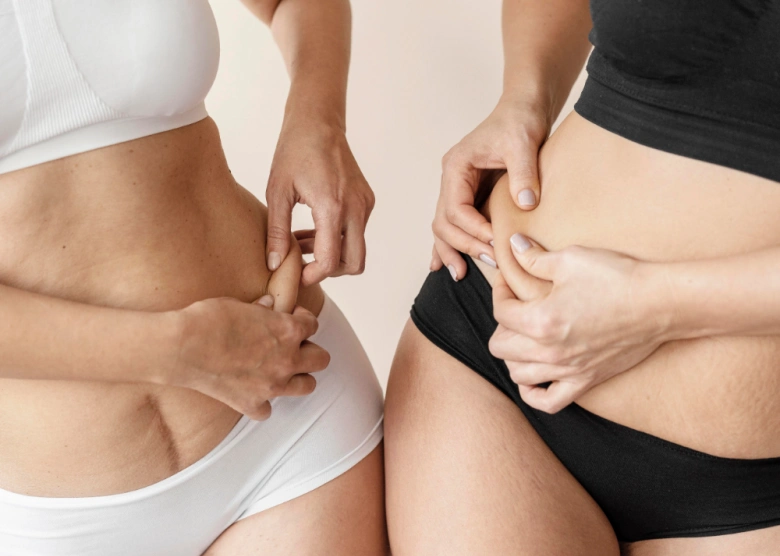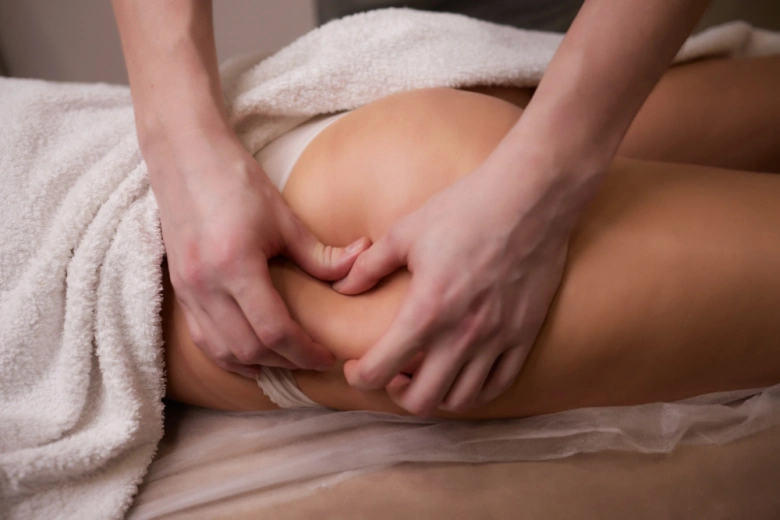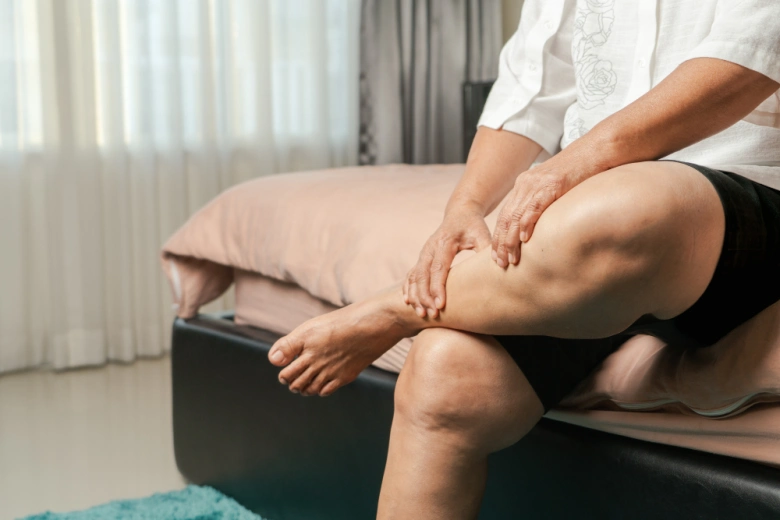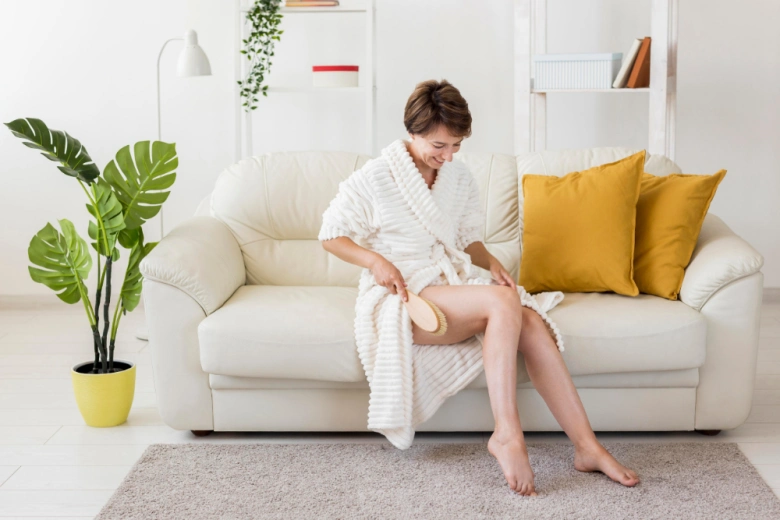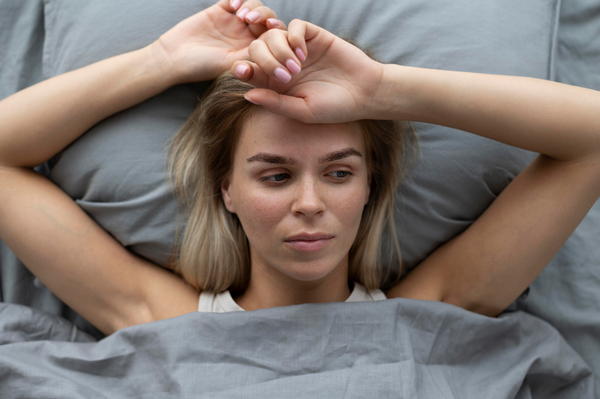
People of different ages and genders face sleep disorders. For young girls and boys, stress, frequent use of gadgets before bed, bad habits and overwork are common causes of poor sleep. After 50, age-related changes and chronic diseases lead to sleep disorders. But there are reasons that appear at any age, for example, muscle tension. How this problem affects sleep and how to get rid of it, we will tell in the article.
How does muscle tension affect sleep?
Muscle tightness occurs for several reasons. Various factors contribute to the occurrence of this problem, including chronic stress, poor posture, prolonged stay in an uncomfortable position, sports injuries, and overexertion as a result of physical activity.
This problem disrupts the natural relaxation process that a person needs for quality rest. Tension in the muscles, organs and tissues of the body regard this fact as a stress signal, so the sympathetic nervous system is activated. As a result, the body's transition to the deep sleep phase slows down.
Sleep disturbances are especially common in people who have muscle tension in the back, shoulders, and neck. According to a 2010 study , the four most common symptoms of sleep disturbances are daytime sleepiness, insomnia, abnormal sleep behavior, and inability to fall asleep normally. These changes significantly affect your daytime sleep:
- performance decreases;
- closer to lunchtime, energy becomes less and less;
- signs of depression and apathy appear.
In addition, the risk of other symptoms such as headache, dizziness, numbness of the limbs and convulsions increases. On a psychological level, a person feels anxiety, worry, emotional instability.
Scientists from the Institute of Mental Hospital in Beijing (China) conducted a study and proved that long-term sleep disturbance increases the likelihood of cognitive disorders, including the development of dementia and Alzheimer's disease. Therefore, when sleep problems occur, it is important to identify the cause as quickly as possible and begin treatment.
Methods to improve sleep
Elimination of the cause and clinical manifestations of sleep disorders requires a comprehensive approach. The treatment of this condition is based on several points — relieving tension and creating conditions for total relaxation of the body.
Among the effective methods for restoring sleep are:
- Regular exercise. Movement improves blood circulation, reduces tension and stiffness in the body, relaxes muscles and prepares them for sleep.
- A warm shower or bath. Water itself has a calming effect, it relieves fatigue and internal tension, eliminates tension in the body and relaxes the nervous system.
- Using heat compresses. Applying a heating pad to the problem area (neck, lower back, shoulders) warms the tissues, increases blood circulation, which helps you fall asleep and sleep soundly at night.
- Breathing and meditation. These practices calm the thought process, which often leads to anxiety and worry. 5-10 minutes of practice before bed will help you fall asleep faster.
Does massage help relieve tight muscles?
In addition to the above methods, massage treatments, in particular with the help of massagers , are good for dealing with insomnia . The devices have a beneficial effect on acupuncture points on the body, improving lymph and blood circulation.
Performing a massage when muscles are tight allows you to work on problem areas locally. The procedure accelerates tissue recovery due to the influx of nutrients and oxygen to them. In order to achieve complete relaxation, 10 minutes of massage before bedtime is enough. The procedure has the following advantages:
- reduces muscle tension;
- reduces pain in the body;
- prevents recurrence of clamps.
If the massager has a heating function, the effectiveness of the procedure increases.
Massage not only reduces the severity of muscle tension in the body, but also increases the level of happiness hormones — serotonin, endorphin and norepinephrine. Therefore, massage is not only pleasant, but also very useful for overall well-being.

